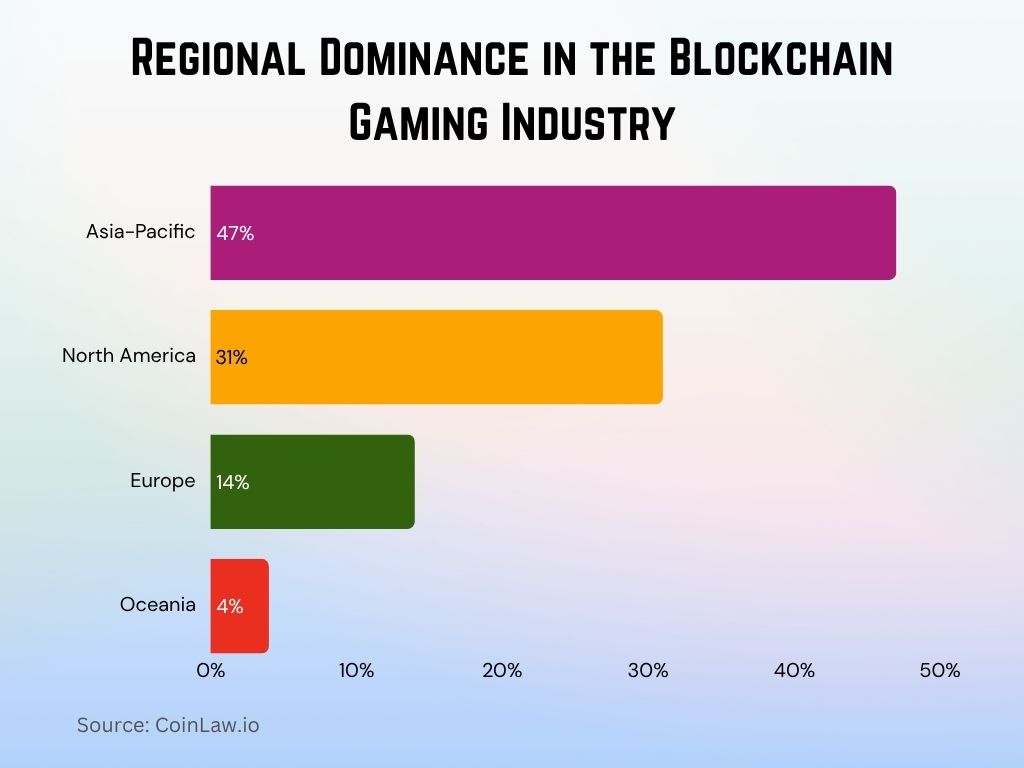BGREEN TV: Your Source for Green Innovations
Explore the latest trends and innovations in sustainable living, eco-friendly technology, and green entertainment.
Game Changers: The Trends that are Making Waves in Crypto Gaming
Discover the game-changing trends reshaping crypto gaming. Dive in now to explore what’s making waves and boosting player engagement!
Exploring the Rise of Play-to-Earn: How Crypto Gaming is Transforming Player Incentives
The play-to-earn model has rapidly gained traction in the gaming industry, fundamentally altering the way players engage with their favorite games. Unlike traditional gaming, where players invest time and money without tangible returns, crypto gaming introduces a revolutionary approach that allows players to earn real-world value through in-game activities and achievements. By leveraging blockchain technology, players can now own, trade, and sell their in-game assets, including characters, skins, and virtual currencies. This shift not only enhances player satisfaction but also incentivizes a deeper commitment to gameplay.
As the play-to-earn ecosystem continues to expand, several key factors drive its popularity among gamers. Firstly, the potential for profit encourages wider participation, creating a more diverse player base. Secondly, the integration of decentralized finance (DeFi) elements enables players to stake assets and earn passive income, further blurring the lines between gaming and investment. Lastly, as more developers embrace this model, the creation of high-quality games with engaging storylines and robust mechanics becomes paramount, ensuring that crypto gaming not only offers financial incentives but also delivers an immersive and entertaining experience for players worldwide.

Counter-Strike is a popular first-person shooter game that has been a staple in the esports community for many years. Players take on the roles of terrorists and counter-terrorists, battling in various game modes. The game's strategic depth and emphasis on teamwork make it a thrilling experience for both casual and competitive gamers. If you're looking to enhance your gameplay experience, don't forget to check out the shuffle promo code for some exciting in-game benefits!
The Future of NFTs in Gaming: Trends and Innovations to Watch
The integration of NFTs in gaming has seen explosive growth, and the future promises even more innovative applications. One of the most significant trends is the development of interoperable NFTs, which will allow players to utilize their digital assets across various games and platforms. This not only enhances user experience but also fosters a sense of ownership that is often lacking in traditional gaming models. As developers explore cross-game compatibility, we can expect to see a shift in how players perceive value and investment in their in-game items.
Another major innovation on the horizon is the rise of NFT gaming ecosystems that leverage decentralized platforms. As blockchain technology evolves, we will likely witness the emergence of play-to-earn games, where players can earn real income through their gaming efforts. Additionally, the concept of fractional ownership of NFTs could democratize access to rare in-game assets, allowing more players to invest in high-value items without prohibitive costs. As these trends progress, they will undeniably reshape the landscape of the gaming industry as we know it.
How Decentralized Gaming Economies are Shaping the Next Generation of Gamers
The rise of decentralized gaming economies is revolutionizing how gamers interact with virtual environments. By leveraging blockchain technology and cryptocurrencies, these economies empower players to not only engage in gameplay but also to own, trade, and monetize their in-game assets. As a result, the traditional model where gaming companies maintain full control over assets is being challenged, encouraging a new generation of gamers who are incentivized to participate actively in the gaming ecosystem. This shift promotes a more democratic approach to gaming, where player contributions are recognized and rewarded, fostering community-driven development and innovation.
Furthermore, the integration of decentralized gaming economies is paving the way for next-generation gamers to develop essential skills in digital literacy, financial management, and community engagement. These players are not just consumers; they are becoming creators and entrepreneurs, using their creativity and strategic thinking to build sustainable in-game businesses. As decentralized gaming gains traction, we can expect to see new forms of collaboration and competition that blur the lines between gaming and real-world economic interactions, ultimately shaping a more inclusive and dynamic gaming landscape for future generations.